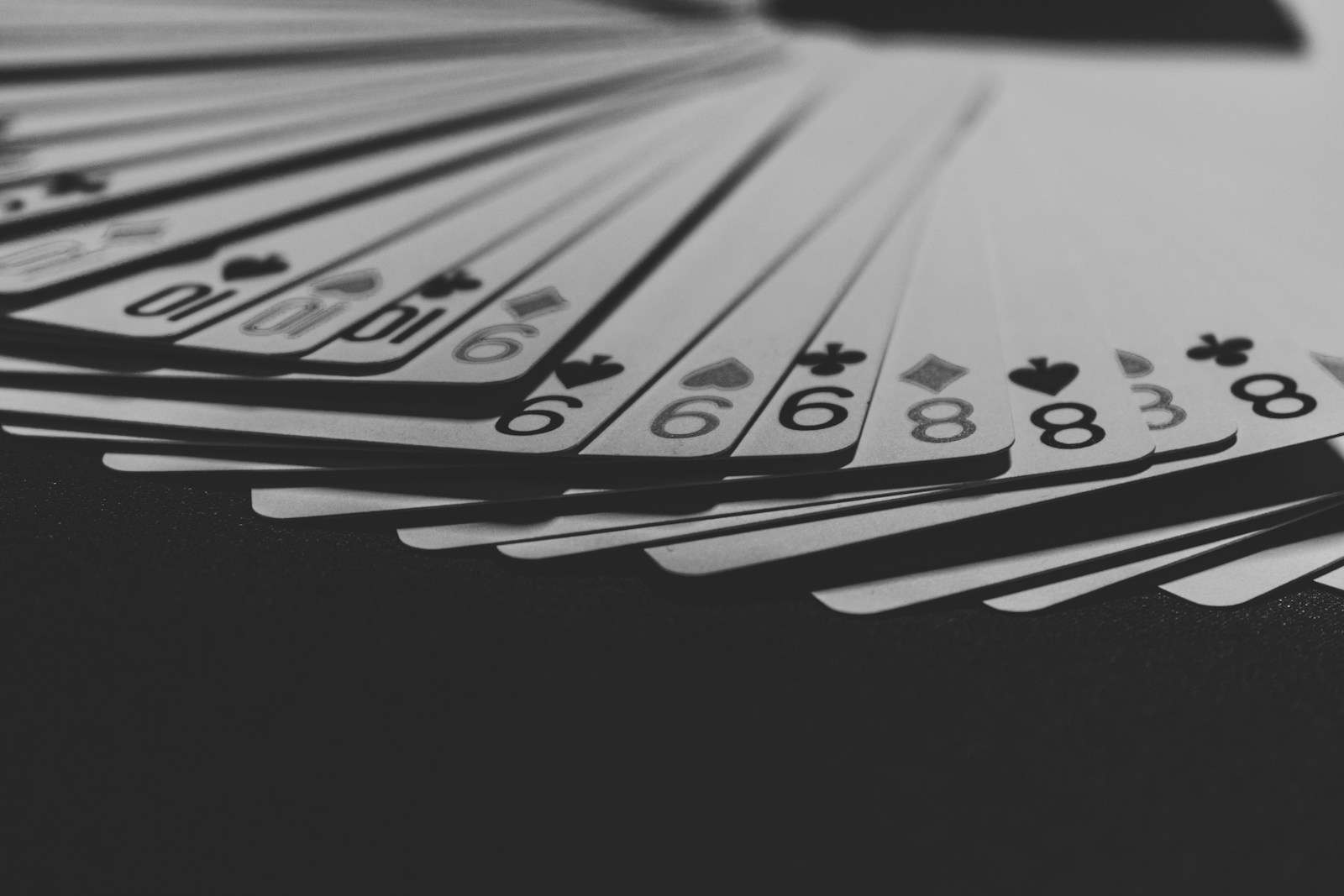
pari

bet
In French, the word 'pari' is used to express a bet or a wager. It is often used in the context of gambling or making a risky prediction. For example, 'Je parie que l'équipe gagnera' means 'I bet the team will win'.
Example sentences using: pari
Il a perdu son pari.

He lost his bet.
This phrase is an example of using 'pari' in a past tense context, specifically the perfect tense. The subject 'Il' has 'a perdu', the past participle form of 'perdre' meaning 'to lose', conjugated with the auxiliary verb 'a'. 'Son pari', directly translating to 'his bet', is the object of the verb.
Je veux faire un pari avec toi.

I want to make a bet with you.
In this example sentence, 'pari' is used in a future tense context with the phrase 'vouloir faire un pari' (want to make a bet). The subject 'Je' (I) will potentially take an action in the future, which is 'faire un pari' (make a bet), with 'toi' (you).
Le pari est trop risqué.

The bet is too risky.
This phrase uses 'pari' in a present tense context. It's a subjective statement about the bet being risky. 'Le pari' (The bet) is the subject of the sentence, followed by the verb 'est' which is the third person singular form of 'être' (to be), and then 'trop risqué' which translates to 'too risky'.